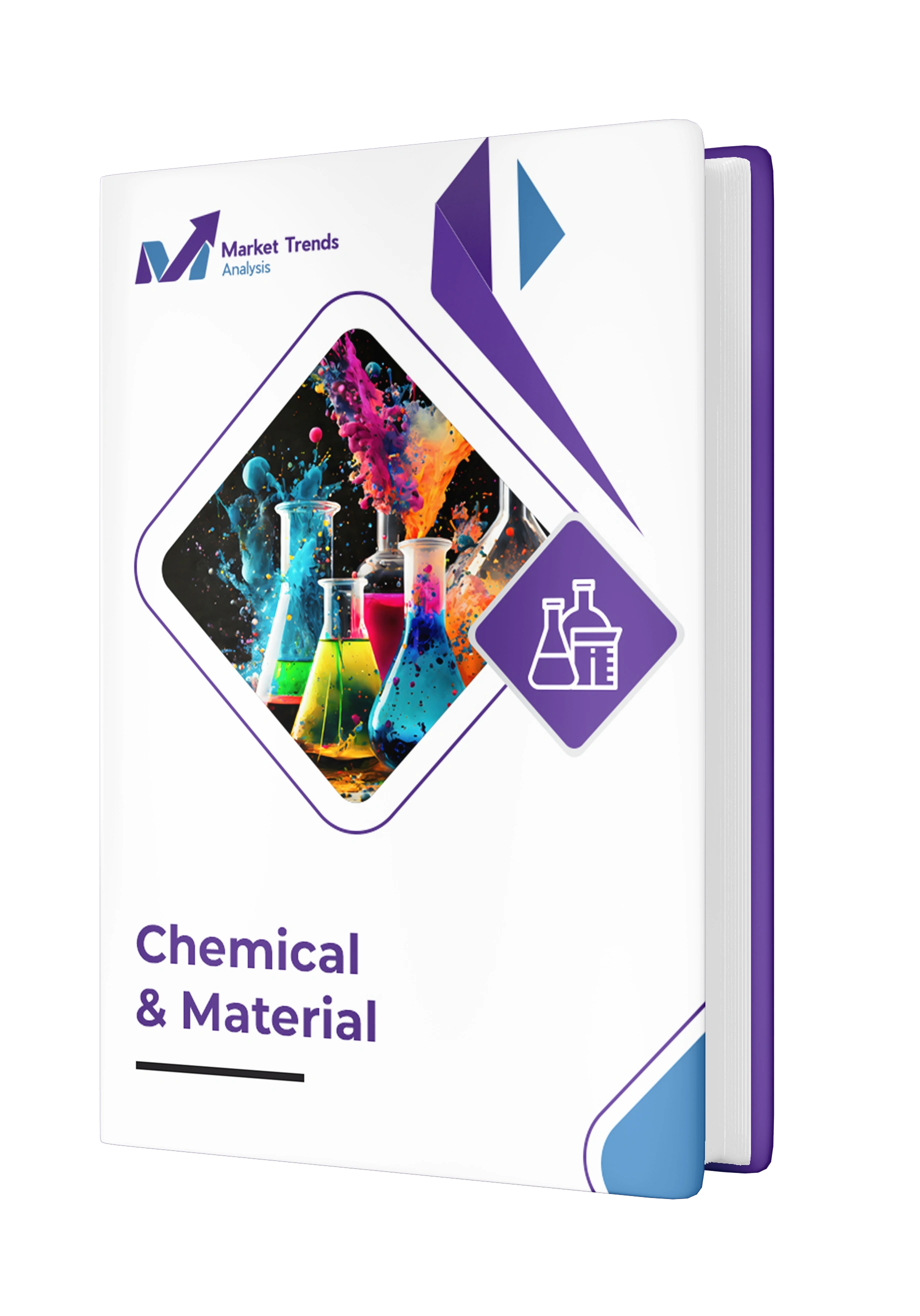The Organic Chemicals segment is a crucial constituent within the larger domain of Chemicals & Material Industry, housing within it an assortment of compounds pivotal to diverse industrial processes. The significance of organic chemicals transcends the boundaries of its own category and has strong bonds with other related sub-categories within the parent industry.
The importance of organic chemicals is underlined by its ubiquitous presence, from the polymers and resins in our everyday products to the pharmaceuticals that cater to our health needs. It serves as a building block for numerous industries, retaining their functionality and form. Trends like increasing bio-based production, evolving synthesis methods, and adherence to stringent environment safety regulations, demonstrate its chopped connection with sectors ranging from advanced materials, specialty chemicals, to petrochemicals.
Key Insights and Trends
Market Preface
The Organic Chemicals sector represents a hefty network of numerous niche markets, encompassing agrochemicals to specialty chemicals, and everything in between, thereby catering to an array of industrial applications. At Verified Market Reports, we have delved into various niche markets within this horizon, like Acetone, Acetic Acid, Cumene, Glycerol, and Nitrobenzene. Our reports offer an in-depth understanding of market sizes, trends, forecasts, enabling stakeholders to comprehensively comprehend the market dynamics. This all-embracing spectrum of the organic chemicals industry not just caters to a multitude of industries, but also continually advances itself, moulding the course of the Chemical and Material industry.
Prominent Markets
The Acetone market, led by advancing applications varying from pharmaceuticals to automotive industries, has garnered significant traction. The prevalence of acetone as a solvent and its role in drug formulation seemingly places it at the cusp of steady growth. The Acetic Acid market, driven by its extensive utilization in the production of Vinyl Acetate Monomer (VAM), escalates in line with the rising demand for VAM in adhesives, paints, and coatings applications. Also, the expanding textile industry fuels the uptake of acetic acid. The Glycerol market, spurred by the escalating biodiesel production globally and growing usage in personal care products, paints a promising outlook. The multifunctionality of glycerol, including as a humectant, solvent, and sweetener, enhances its industry adoption.
Competitive Landscape
The competitive landscape of the Organic Chemicals market is hallmarked by intense competition and continual innovation. Key companies include BASF, Dow, LyondellBasell, Sinopec, ExxonMobil, Formosa Plastics, Ineos, Bayer, DuPont, Chevron Phillips, Shell, Evonik, AkzoNobel, Clariant, and Solvay. This landscape presents an aggressive orchestra of research, development, and marketing strategies to compete in the market, maintain their footholds, and extend their reach. Patent disputes and pricing warfare seem pervasive amid the thrust to stay ahead. In the race for innovation, companies are focused on green chemistry, resource efficiency, and optimum process technologies.
Conclusion
The Organic Chemicals sector demonstrates a dynamic interplay of evolving trends, stringent regulations, and advancing end-use applications. It is an industry that constantly reinvents itself, shaping and adapting to industry and societal transformations. As we gaze at the future, a rising focus on bio-based production, attention to environmental impact, and propagation of sustainable practices are set to bring about more dramatic transitions to industry operations. Connect with a Verified Market Reports representative today to delve deeper into the potential of the Organic Chemicals sector and unravel the opportunities that await within its robust structure and interconnected markets.

Chemical and Material > Organic Chemicals
According to Market Trends Analysis, The Global Diphenylamine Market size was valued at USD 0.42 Billion in 2024 and is estimated to reach USD 0.55 Billion by 2032, growing at a CAGR of 3.6% from 2026 to 2032.

Chemical and Material > Organic Chemicals
According to Market Trends Analysis, The Global Benzyl Chloroformate Market size was valued at USD 67.71 Billion in 2024 and is estimated to reach USD 68.13 Billion by 2032, growing at a CAGR of 1.7% from 2026 to 2032.
